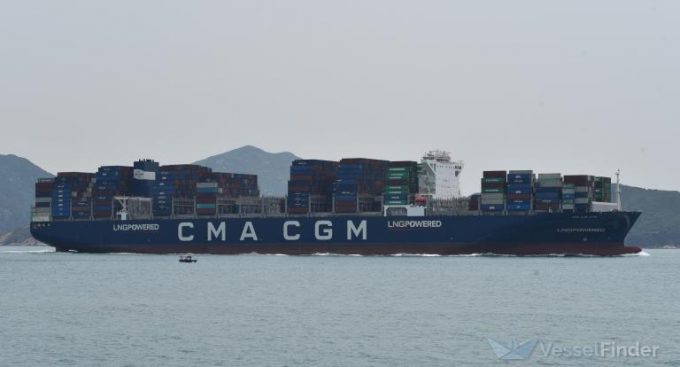CMA CGM eyes HPH sale after Ceva shines in a 'stable' second quarter
CMA CGM has expressed interest in the Hutchison Port Holdings (HPH) sale in a bid ...

Israel-linked ships are facing heightened risks on the Red Sea as targets for Iran-linked factions, as the conflict in Gaza continues.
Over the weekend, three vessels with ties to Israel found themselves in Iranian sights. Firstly, a suspected drone attack on the CMA CGM Symi, (pictured) ...

Comment on this article